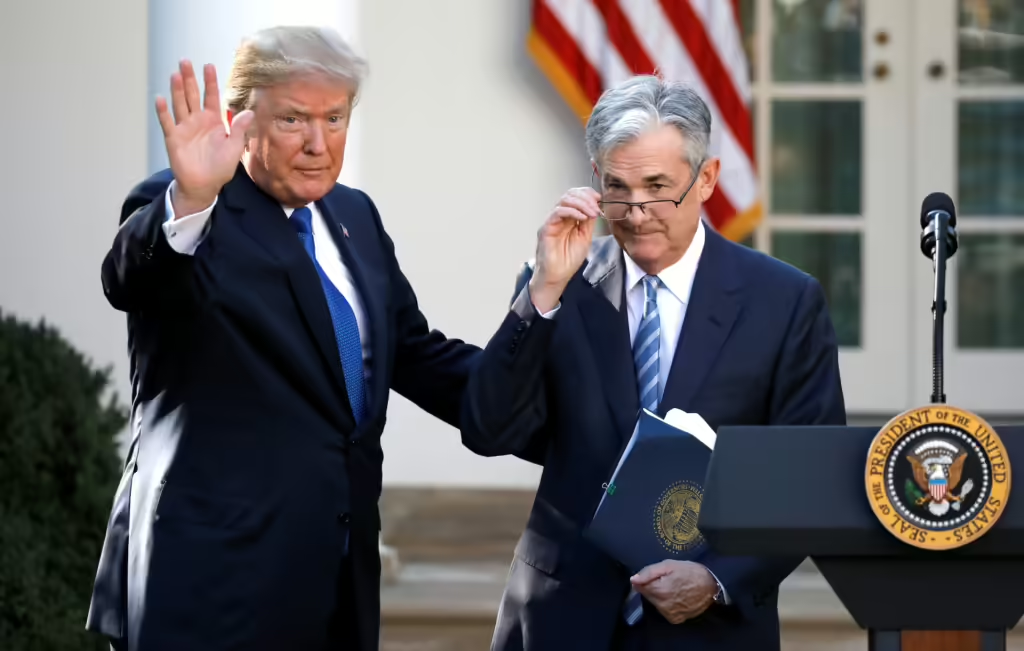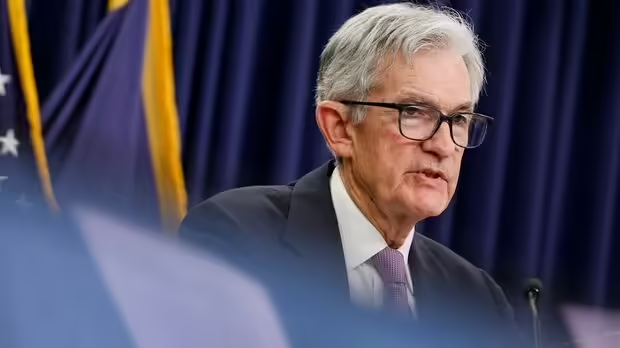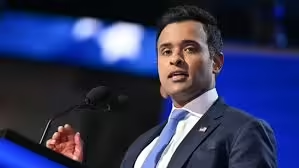
Legal Protections for Federal Reserve Officials
During a recent press conference following the Federal Open Market Committee meeting, Federal Reserve Chair Jerome Powell firmly stated he would not resign if asked by President-elect Donald Trump. Powell emphasized that under U.S. law, he, along with other Fed governors, cannot be removed from office before the end of their designated terms. “No,” Powell answered decisively when asked if he would step down at Trump’s request.
Interest Rate Cuts Amid Cooling Inflation
Powell’s remarks came after the Fed announced a quarter percentage point cut in its interest rate target, lowering it to between 4.5% and 4.75%. This decision is part of the Fed’s ongoing efforts to normalize monetary policy as inflation pressures show signs of easing. The timing of the cut ahead of the U.S. national elections underscores the Fed’s strategy to remain proactive in a shifting economic landscape.

Election Outcomes and Fed Policy
When questioned about how Trump’s election might influence the Fed’s future decisions, Powell remained noncommittal. He reiterated that the upcoming election would not affect the central bank’s policy-making, stating, “We don’t guess, speculate, and we don’t assume what the broader government might do.” This stance reflects the Fed’s commitment to its independent role in managing the economy.
Trump’s Potential Choices for Fed Leadership
Despite the contentious history between Trump and Powell, CNN reported earlier in the day that an advisor to Trump suggested the president-elect might retain Powell through the end of his term, which concludes in May 2026. However, Trump has also considered alternatives, including former Fed Governor Kevin Warsh, known for his critical stance on the Fed, and Kevin Hassett, who previously served as Trump’s chief economist.
Historical Context of Fed Independence
Trump appointed Powell in early 2018, succeeding Janet Yellen, who later became Treasury Secretary under President Biden. Their relationship soured as Trump frequently criticized Powell and the Fed’s policies during his first term, breaking a long-standing norm where presidents refrained from direct criticism of the central bank. This dynamic could pose challenges as Trump’s proposed policies may conflict with the Fed’s goals of controlling inflation.
Market Reactions and Future Implications
Any attempt by Trump to oust Powell, whether successful or not, could negatively impact financial markets and heighten concerns about inflation. Trump’s favored policies, such as high trade tariffs and aggressive immigration measures, may reignite inflationary pressures, complicating the Fed’s ability to implement further rate cuts. Economists suggest this sets the stage for a potential clash between the Fed’s goals and Trump’s economic agenda.
Looking Ahead
For the moment, the Federal Reserve retains a degree of independence, with Powell asserting that the structure of the Fed is designed to insulate its decisions from political influence. While Trump may push for more aggressive rate cuts similar to his first term, experts believe that the Fed’s decision-making process will remain largely unaffected over the next year.


